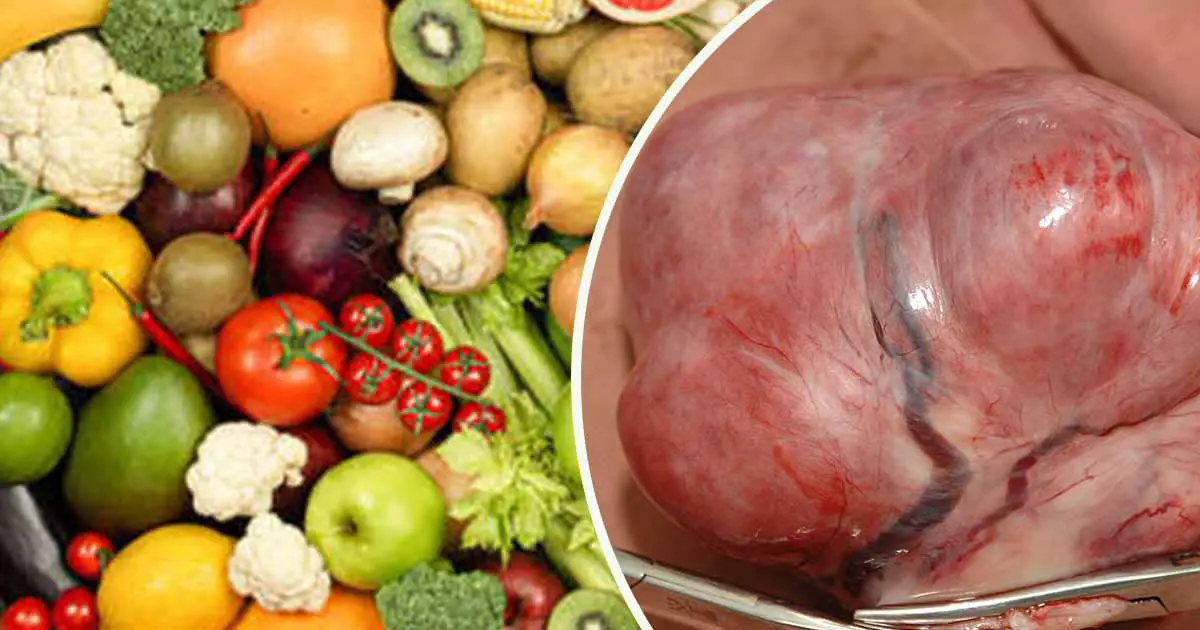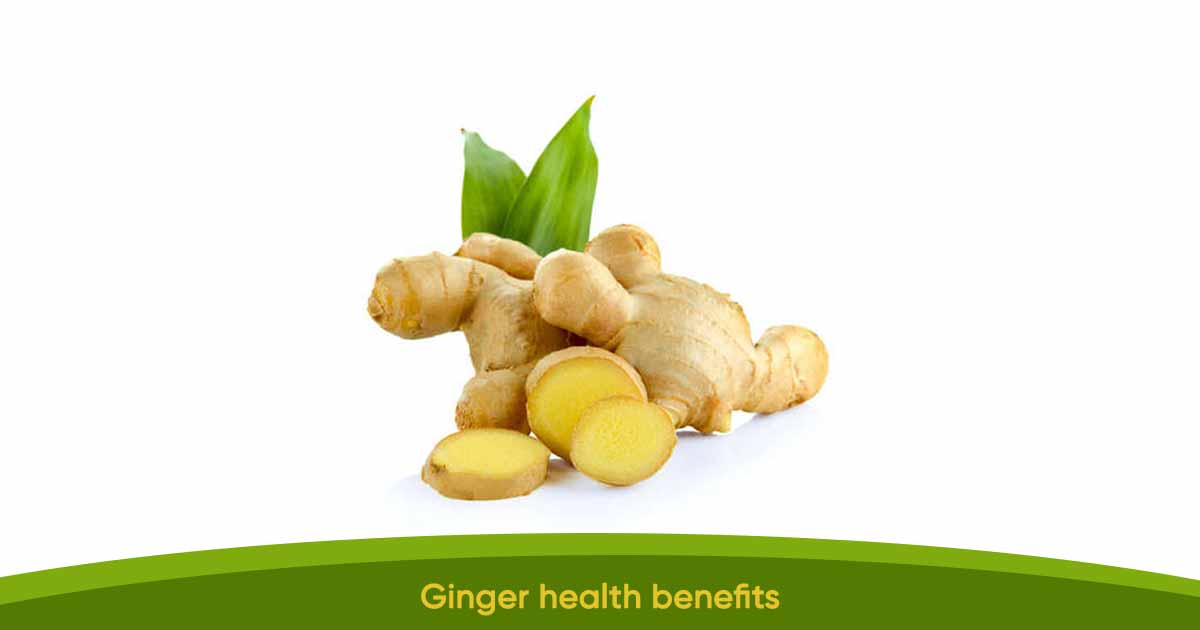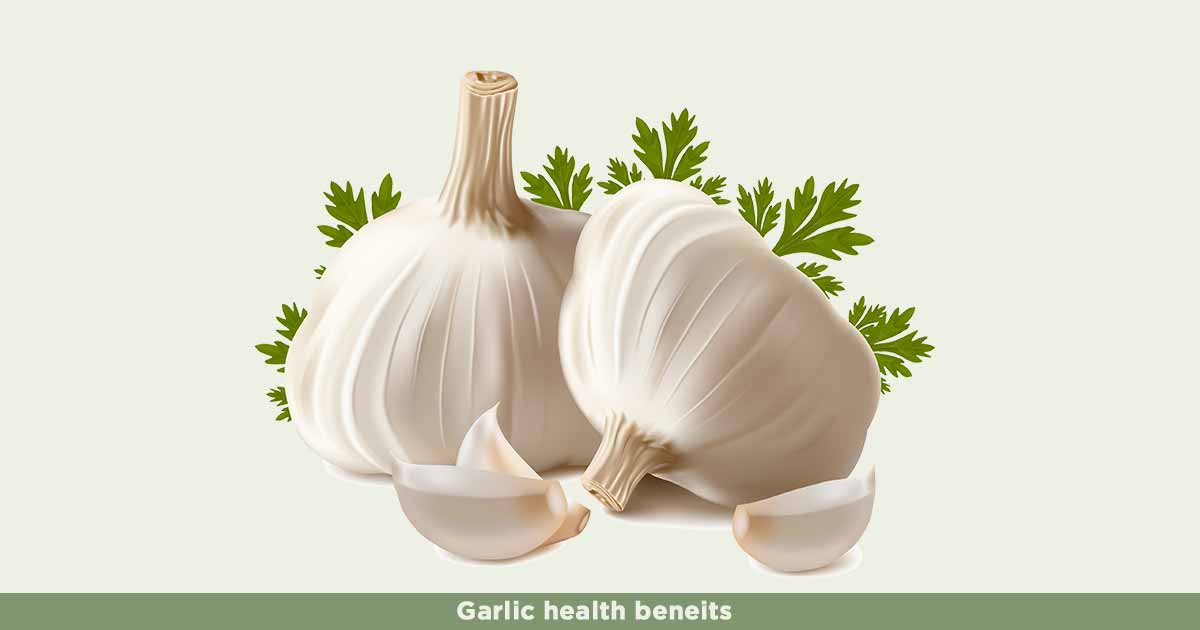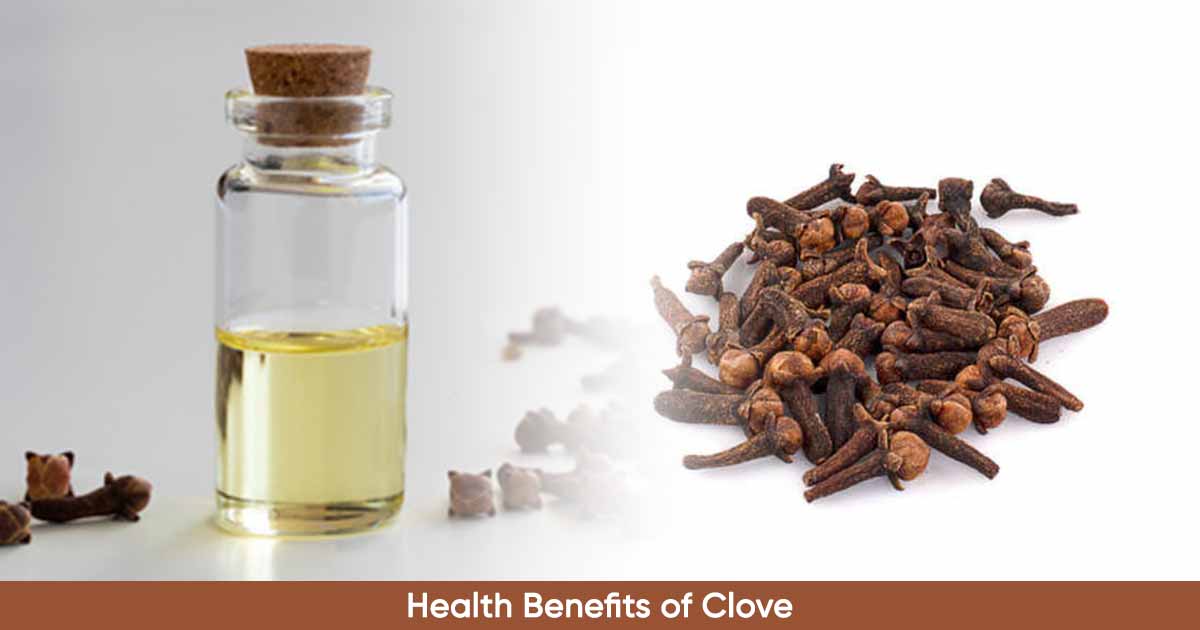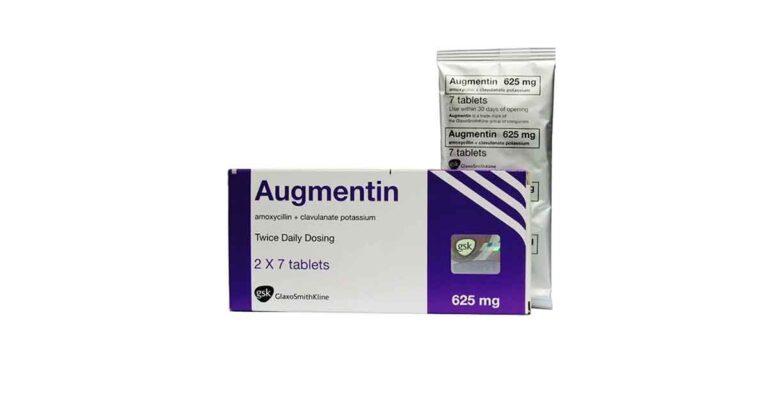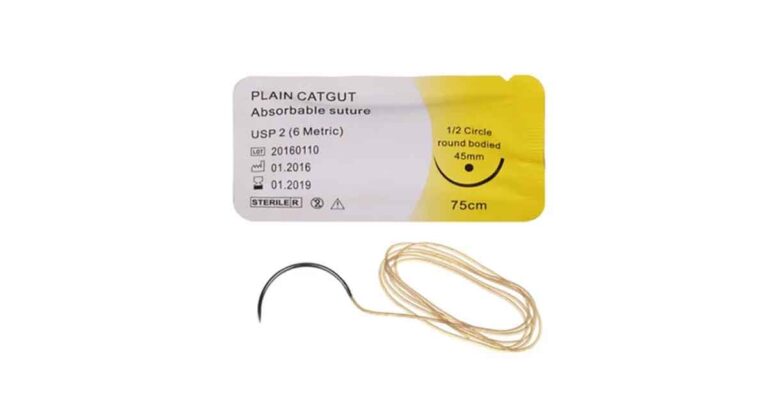Uterine fibroids, also called leiomyomas, are a benign tumor common in women of reproductive age. Though the tumor is not cancerous and rarely symptomatic, it may cause severe symptoms such as anemia, uterine bleeding, pelvic pain and pressure, back pain, constipation, or infertility, in some women.
It is more common in black people than other races. In the US, African Americans have incidence rates three times higher than the Whites. They also have larger and much number of leiomyomas than others.
Treatment is necessary to reduce the fibroids size, control the abnormal uterine bleeding, and also cure the fibroids. Some treatment options available are medical therapies, interventional radiology, and surgical procedures, with hysterectomy, the best option for women with symptomatic fibroids.
Though fibroids are managed with conventional treatment options, some medicinal plants and fruits are utilized as alternative treatment in most of Africa, and Asia.
Natural Plants, Herbs and phytochemicals Used to Treat Uterine Fibroids
Uterine fibroids have few treatment options. Natural plants, fruits, and herbs have phytochemicals that can be beneficial in the management of fibroids.
However, only phytochemicals such as curcumin, genistein, epigallocatechin gallate, isoliquiritigenin, and resveratrol found in some plants have been tested and confirmed to be effective in preventing and managing uterine fibroids.
Here are some of the plants, fruits and their phytochemicals that are believed to treat and manage fibroids.
Trichilia emetica
This plant is of the Meliaceae family. It has antioxidant and radical scavenging property due to flavonoids content. The aqueous extracts of leaves, bark, and roots also have anti-nociceptive and anti-inflammatory effect, while the limonoids extracted from the plant has antitumor property.
Cassia sieberiana
Cassia sieberiana roots and bark extract has antioxidant property. It also possesses anti-inflammatory and analgesic activities. The leaves extract also have appreciable activity.
However, there is fewer data on the antitumor effect.
Lannea acida
The stem and roots of Lannea acida contains flavonoids, hence they have radical scavenging property. The aqueous root and bark extract has anti-inflammatory and analgesic effects.
The antitumor and anticancer effect is also well studied.
However, the plant extract causes an increase of MCF-7 cells proliferation. This proliferation increases oestrogenic activity, which does not favor uterine fibroids.
Securidaca longepedunculata
The antioxidant property of Securidaca longepedunculata is debated, with some researches suggesting that the phenolic antioxidant compounds in the plant has high antioxidant potentials. However, some other studies dispute this, and proposes that it induces oxidative stress.
The root-bark aqueous extract possesses analgesic and anti-inflammatory properties, while the leaf and stem methanol extract has anti-inflammatory activity. Chloroform root extract of Securidaca longepedunculata has antitumor and anticancer property, and can serve as a potential cytotoxic agent.
Turmeric (Curcuma longa)
Curcuma longa, also called turmeric, contains an active natural polyphenol called curcumin. Curcumin has antimicrobial, anti-inflammatory, antitumor, antimutagenic, cholesterol lowering properties.
It suppresses the growth of tumor cell lines, and uterine fibroid cells. It induces apoptosis in cancer cells and inhibits uterine fibroid cell proliferation. Also, it stimulates caspase-3 and caspase-9 expression in uterine fibroid cells.
Polygonum multiflorum
Polygonum multiflorum contains a stilbene glucoside called 2,3,5,4′-tetrahydroxystilbene-2-O-β-D-glucoside. It is a glycosylated resveratrol that has antiaging, anti-inflammatory effect, improves memory and learning.
There are no studies on the effect of Polygonum multiflorum on fibroids, but it may be more effective than resveratrol.
Green Tea extract (Camellia sinensis)
Green tea extract contains epigallocatechin gallate (EGCG), a polyphenol that inhibits cancer cells and uterine leiomyoma cell growth. The green tea is effective in managing uterine fibroids symptoms, and does not have side effects. However, epigallocatechin gallate has poor stability, bioavailability. This makes it difficult to formulate as a medicine.
Jewel Orchid (Anoectochilus formosanus)
Anoectochilus formosanus extract has anti-inflammatory, antitumor and hepatoprotective activities. It reduced the proliferation of cancer cells and induced cell death of tumor cells.
French Maritime Pine
French maritime pine standardized bark extract is called pycnogenol. This is made of flavonoids, mainly proanthocyanidins, and phenolic compounds (antioxidants). This extract also has anti-inflammatory activity.
Peanuts, Grapes, and some Berries
Resveratrol is one of the well known stilbenes found in peanuts, grapes, and some berries. Resveratrol inhibits cancer cells and human uterine fibroid cells’ proliferation. It also prevents leiomyoma overgrowth.
Genistein
Plants found: soybeans (G. max), kudzu (Pueraria lobata), psoralea (Psoralea corylifolia), fava bean (Vicia faba), lupine (Lupinus spp.).
Genistein is an isoflavone found in some of these plants and helps to reduce the size of leiomyoma according to studies using the oviduct in the Japanese quail.
Isoliquiritigenin
Plants found: soybean (Glycine max), licorice (Glycyrrhiza uralensis), shallot (Allium ascalonicum)
Isoliquiritigenin, a calchone flavonoid, induces the inhibition and apoptosis in human uterine leiomyoma cells.
Allicin
Plant source: Garlic (Allium sativum L.)
Allicin, an organosulfur compound, has anti-inflammatory, anticancer and antifibrotic activity.
Ellagic acid
Plant sources: Fruits like strawberries, blackberries, cranberries, raspberries, pecans, pomegranates, walnuts, grapes, wolfberry.
Studies suggest that ellagic acid, a polyphenolic compound, has antiproliferative, anti-inflammatory and antifibroid activity.
Indole-3-carbinol
Plant sources: Found in cruciferous vegetables such as broccoli, brussels sprouts, bok choy, cabbage, cauliflower, Chinese cabbage, collard greens, arugula, kale, radishes, turnips, kohirabi, mustard greens, watercress, and daikon.
Indole-3-carbinol has anti-inflammatory, antifibrotic and antimutagenic properties.
Lycopene
Found in tomato, pink guava, papaya, pink grapefruit, watermelon, and apricots. Lycopene is a carotenoid with good anti-inflammatory, anticancer and antifibroid activities.
Quercetin
Quercetin is found in tomato, onion leaves, tea, lemon, and strawberries. It has anti-inflammatory, antifibrotic and antiproliferative effect.
Sulforaphane
Sulforaphane, is an isothiocyanate found in cruciferous vegetables like broccoli, broccoli sprouts, brussels sprouts, cabbage, cauliflower, Chinese cabbage, collard greens, kale, mustard, and turnips.
It has anti-inflammatory, anticancer and antifibrotic properties.
Ursolic acid
Ursolic acid is a pentacyclic triterpene acid found in plants such as apples, basil, cranberries, oregano, peppermint, prunes, and rosemary. It has antifibrotic, anti-inflammatory and anticancer properties.
Some Herbal Preparations to Shrink Fibroids
Some traditional medicines are used in local settings of Africa, and Asia in managing uterine fibroids. However, the efficacy of these treatments are debatable as there are non-existing researches on these plants as regards to that.
1. Fried leaves of Euphorbia lateriflora (Euphorbiaceae), stem of Euphorbia camerunika (Euphorbiaceae), fruit of Lagenaria brevifolia (Curcubitacea), and unripe fruit of Carica papaya (Caricaceae). Fry them together, and use one tablespoon to take hot corn meal.
2. Make a decoction with the stem bark of Piliostigma reticulatum, white Allium cepa and potash in water. Take half cup in the morning and night.
3. Black seed, Garlic, Ginger, Apple Cider Vinegar: After crushing the black seed, ginger, and garlic, mix with apple cider vinegar. The mixture is taken in the morning and night.
4. Dandelion leaves: Wash dandelion leaves with salt and blend with garlic. Take the mixture in the morning and night.
5. Soursop leaves: Take the soursop leaves and wash properly. Add water and boil for a duration of 15 minutes. Allow the juice to cool. Take it in the morning and night. Always make a new infusion after two days and discard the other one.
Some people may use the soursop with apple cider and aloe vera plant.
References
- https://austinpublishinggroup.com/womens-health/fulltext/ajwh-v8-id1057.pdf
- https://core.ac.uk/download/pdf/234660643.pdf
- https://www.ncbi.nlm.nih.gov/pmc/articles/PMC4152895/
- https://www.researchgate.net/publication/350396477_Herbal_Medicine_in_Uterine_Fibroid

